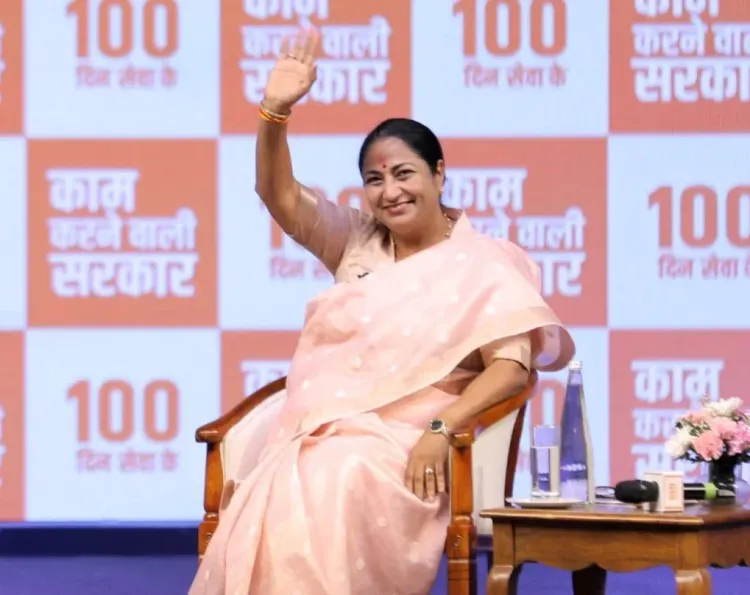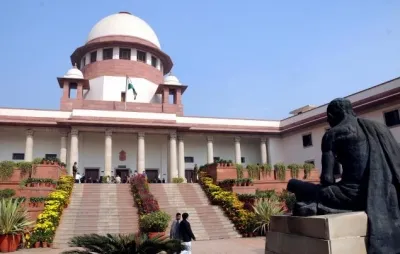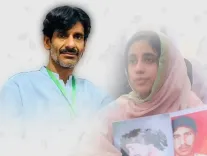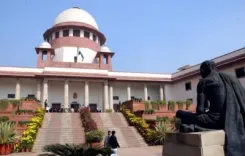Did Delhi CM Lead a Session on Deendayal Upadhyaya’s Vision?

Synopsis
Key Takeaways
- Delhi CM Rekha Gupta leads a seminar on Integral Humanism.
- The seminar celebrates 60 years of Pandit Deendayal Upadhyaya’s vision.
- Significant discussions on the Jana Sangh’s historical legacy.
- Focus on societal transformation and ideological clarity.
- The event marks a milestone in India’s journey post-independence.
New Delhi, May 31 (NationPress) The Chief Minister of Delhi, Rekha Gupta, presided over a session on the first day of a two-day seminar held on Saturday, celebrating 60 years of Pandit Deendayal Upadhyaya’s Integral Humanism and his pivotal vision for establishing the Jana Sangh aimed at social transformation.
The seminar and accompanying exhibition took place at the NDMC Convention Centre in New Delhi, revisiting the significant speeches delivered by Pandit Deendayal Upadhyaya.
Arun Kumar, Seh Sarkaryawah of the Rashtriya Swayamsevak Sangh (RSS), remarked that both the Jan Sangh and BJP possess a profound historical legacy, with their 75th anniversary approaching on October 21.
He emphasized that the foundational vision of these organizations extended beyond mere formation; it was about societal transformation.
He highlighted that after gaining independence, India’s greatest challenge was ideological confusion. “Independence was not just about ending British rule; it also necessitated a clear national vision, which seemed to be diminishing,” he noted.
Arun Kumar further mentioned that when Pandit Deendayal founded the Jana Sangh, he was confronted with two pivotal questions: Did India possess its ideological foundation, and could the current political framework facilitate growth, or was a new party essential?
“When they contested the 1952 elections and secured three seats, the Jana Sangh affirmed itself as a national entity. Through national expansion and cadre development, the philosophy of Integral Humanism was promoted,” he stated.
He clarified that Pandit Deendayal Upadhyaya never claimed to introduce a new ideology but rather provided a fresh interpretation of India’s enduring traditions.
This seminar is part of a nationwide series of events commemorating 60 years of Pandit Deendayal Upadhyaya’s Integral Humanism, coinciding with the 75th Amrit Kaal of India’s independence.
Earlier, Arun Kumar paid floral tributes at the statue of Pandit Deendayal Upadhyaya and inaugurated the exhibition organized by the Shyama Prasad Mukherjee Foundation and PPRC.










